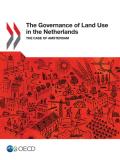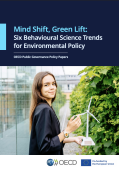Friesland’s RE policy is one response to the challenges posed by an ageing population, the unsustainability of the agriculture sector, poor economic competitiveness and the need for more high-skilled employment. The Friesland government has developed a three-pronged economic agenda based on energy, water and recreation. The two primary targets are dairy farmers, who have the potential to produce biogas from their animal manure, and local boat builders, who have been encouraged to develop solar-powered electric boats to navigate the province’s numerous canals and waterways.
The report provides four main findings: i) Friesland’s government has linked renewable energy to concrete business opportunities in manufacturing and tourism through a series of small, targeted, and relatively inexpensive policy interventions. ii) The region’s specialisation in energy production (the Energy Valley Initiative) is aiding large-scale renewable energy deployment in Friesland through building expertise and infrastructure. However, this large-scale approach risks locking-in fossil fuel-dependent technologies and bypassing rural development opportunities. iii) Friesland’s dairy sector has an opportunity to produce bioenergy from the large volumes of potentially ecologically harmful animal waste, but short-sighted regulations are limiting diary farmers’ capacity to realise this opportunity. iv) A failure to build public support is undermining the long-term deployment of renewable energy technologies, such as wind.



